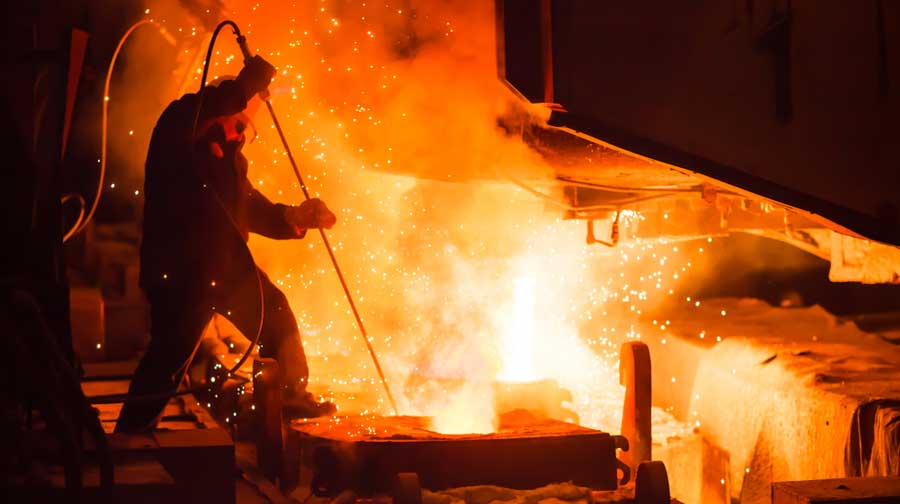JSW Steel may get a breather to conclude the Rs 19,700-crore deal to acquire Bhushan Power & Steel Ltd through bankruptcy proceedings after the Enforce Directorate filed a petition before the Supreme Court challenging the transaction.
The ED argued that BPSL cannot seek protection from charges slapped under the PMLA (Prevention of Money Laundering Act) under Section 32A of the Insolvency & Bankruptcy Code, a newly inserted section, which came into effect on December 28, 2019.
Section 32A gives immunity to corporate debtors — the corporate entity to be acquired through IBC — from any prosecution, attachment or confiscation arising out of charges against the erstwhile promoter, after the plan is approved.
While clearing JSW’s plan, the National Company Law Appellate Tribunal on February 17, 2020, had dismissed the ED’s plea and released Rs 4,025.23 crore worth of BPSL assets which the directorate had attached on October 10, 2019.
JSW is under pressure from the committee of creditors, led by PNB, to conclude the transaction by paying the creditors. The Jindals have maintained that the deal would not go through unless BPSL gets immunity from the ongoing PMLA cases.
The ED says the NCLAT does not have any jurisdiction to direct the ED to release property attached under the PMLA, which has a wider scope than IBC. It states that BPSL would not qualify to get immunity under Section 32A even if IBC rules were to apply.
Pointing out that JSW Steel and BPSL were shareholders in a company — Rhone Coal Company Pvt Ltd— the ED concluded that the two were “related parties” and JSW should fall foul of the section 29A of IBC which bars ‘connected persons’ to the erstwhile promoter of a corporate debtor to submit a resolution plan.
The ED also challenged an affidavit filed by the ministry of corporate affairs, which is under the ministry of finance just like the ED, interpreting PMLA before the NCLAT.
The upshot: JSW will get more time to conclude the BPSL deal at a time steel demand in India has collapsed under the Covid effect.











